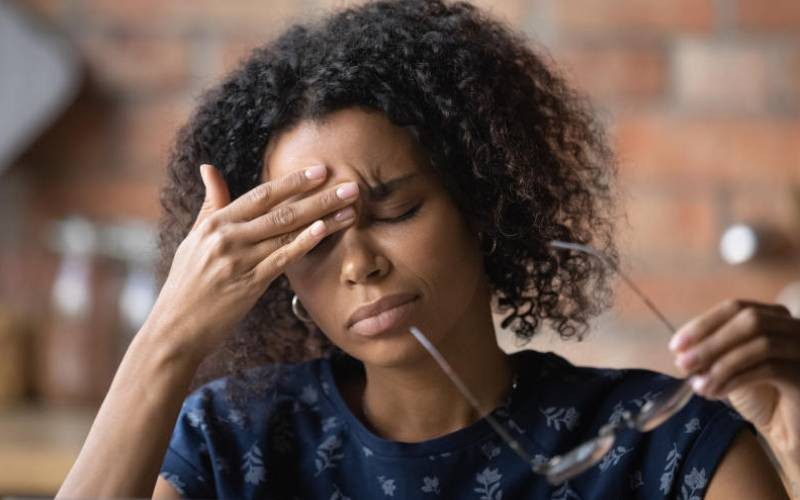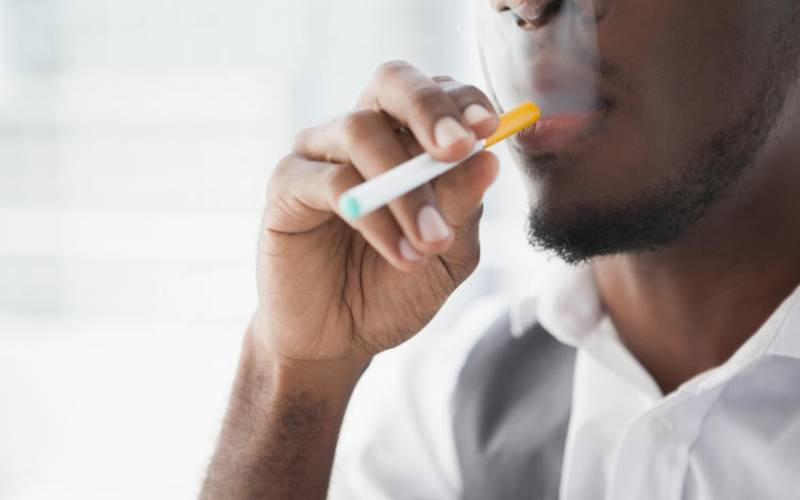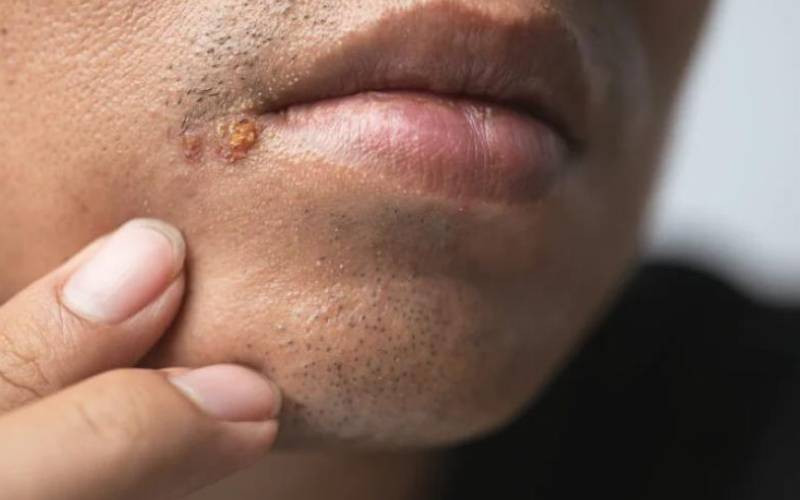
Learn how to protect your skin from the sun and reduce your risk of developing cancer
The sun’s shining, you’re out in the garden, or maybe on holiday. But before soaking up those rays, have you remembered to protect your skin?
Despite all the safety information we’re bombarded with, malignant melanoma – the most dangerous form of skin cancer – is now five times more prevalent than it was in the 1970s, with around 9,000 new cases per year.
What is skin cancer?
There are two types:
Malignant melanoma and non-melanoma. "Non-melanoma skin cancer is the most common form and about 90% of cases are associated with exposure to ultraviolet (UV) radiation from the sun," explains Joanne Upton, skin cancer advanced nurse practitioner at The Clatterbridge Cancer Centre in Merseyside. This form of skin cancer is curable if diagnosed early enough.
But malignant melanoma skin cancers can grow very quickly, and can become life-threatening in as little as six weeks. If untreated, they can spread to other parts of the body. Although melanoma is connected to sun exposure, it can also appear on skin not normally exposed to the sun. This can be due to a hereditary form of skin cancer, known as hidden melanomas.
1.Know your ABCDE
"Survival rates from malignant melanoma skin cancers are closely related to how early cancer is detected," says Dr Anjali Mahto from Cedars Dermatology . Check your moles once a month, and use a full-length mirror or your partner to help you check your entire body, including your scalp, buttocks, genitalia, palms of your hands and soles of your feet.
"The ABCDE rule can help you monitor any skin changes," adds Joanne. "It’s vital you’re aware of what to look out for and, most importantly, get checked by your GP if you’re worried about anything."
2.Avoid the BURN!
"The most common cause of melanoma is prolonged exposure to ultraviolet radiation and sunlight without proper protection," adds Dr Susan Mayou, a dermatologist at Cadogan Cosmetics .
Stay in the shade between 11am and 3pm, cover up and regularly apply sunscreen that’s at least SPF15 and guards against both UVA and UVB rays.
"UVA penetrates the skin more deeply than UVB – it plays a large part in skin ageing and may even start the development of skin cancers,’ explains Dr Mahto. "UVB is the main cause of sunburn and a key player in the development of skin cancer."
3.Know your risk
You’re at a much higher risk of developing skin cancer if you have fair skin, red hair and blue eyes, or always burn and never tan. "Family history of skin cancer, increased sun exposure or use of suntanning beds, and a history of blistering sunburn also increase your risk," says consultant dermatologist and skin cancer expert Dr Noor Almaani .
"But even the darkest skin types can burn," adds Dr Mahto. "Some women find their skin becomes more sensitive to the sun as they get older too. Older skin can also be drier, so rich sunscreens can have a hydrating effect."
Protection perfection
"Most conventional sunblocks with UVA and UVB filters only protect our skin from 7% of the sun’s rays," reveals consultant dermatologist, Justine Hextall.
Research has found that another ray called Infrared-A makes up 30% of the sun’s damaging effects. As well as skin cancer, Infrared-A can cause a breakdown in collagen and elastin, sagging, redness and broken veins.
Try a cream that protects against all three
 The Standard Group Plc is a multi-media organization with investments in media platforms spanning newspaper print
operations, television, radio broadcasting, digital and online services. The Standard Group is recognized as a
leading multi-media house in Kenya with a key influence in matters of national and international interest.
The Standard Group Plc is a multi-media organization with investments in media platforms spanning newspaper print
operations, television, radio broadcasting, digital and online services. The Standard Group is recognized as a
leading multi-media house in Kenya with a key influence in matters of national and international interest.










